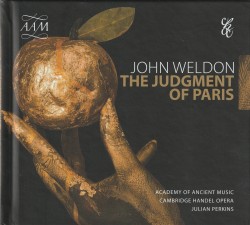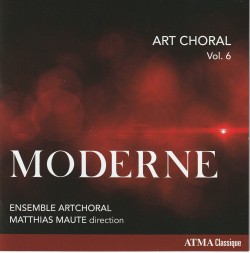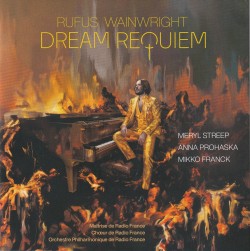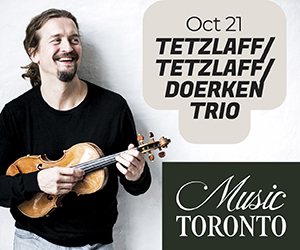Allan Ramsay's The Gentle Shepherd - Makaris
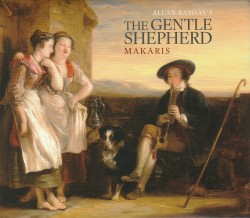 Allan Ramsay's The Gentle Shepherd
Allan Ramsay's The Gentle Shepherd
Makaris
Olde Focus Recordings FCR924 (newfocusrecordings.com/catalogue/makaris-allan-ramsays-the-gentle-shepherd)
Throughout the 18th century, Allan Ramsay’s The Gentle Shepherd (1729) was a smash hit on Edinburgh and London stages, and continued to be performed by amateur companies until late in the 19th. Robert Burns himself praised the poetry, and the story inspired over 40 paintings. Now, 300 years after the libretto’s publication, Scottish Baroque ensemble Makaris has given us the opera’s very first recording, and it is a delight— brimming with humour, verve, and accomplished musicianship.
This was not only the first Scottish opera but also the first ballad opera, an original libretto set to popular airs and songs of the day. These have no composer in the usual sense; the poet would simply indicate the name of the air to which his words should be sung. For this reason, much of the compositional responsibility fell on the musicians, who operated in a liminal space between oral and written traditions. For this recording Makaris had to create their own arrangements, drawing from a bare-bones score made after Ramsay’s death and digging into archives. They admit to taking some liberties for the sake of bringing the songs alive by choosing unexpected or atypical harmonies. This is all for the better; it springs off the recording so vividly that one longs for a live production.
This recording will appeal to those who enjoy theatre music by Boyce or Arne and works such as the Beggar’s Opera. It might also intrigue those who are familiar with some of the traditional tunes that show up here, in sparkling arrangements and with words added. The Waulking of the Fould is played much the same as it is now in Cape Breton or Scotland, and the O’Carolan’s beloved Sí Beag, Sí Mór is very recognizable, too.
Ramsay’s work has one more relevant element for Canadian listeners in 2025: one of his motivations in writing and publishing was to champion Scotland’s culture and identity, and he was a vocal opponent of the Union of 1707 (which incorporated Scotland into Great Britain). Now, where is OUR Gentle Shepherd?


